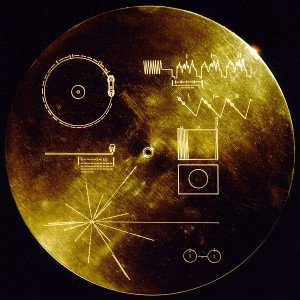More Industrial Businesses Using Software to Aid in Safety Systems
In 1936, famed mathematician Alan Turing laid the groundwork for modern digital computers. 79 years later, nearly every major industry in the United States relies on advanced computing. From fast food to aeronautics, innovations in computing power and software lead the way in increasing efficiency. Safety systems are no exemption. Increasingly, industrial business are using high-caliber software to aid in designing these systems.
Here’s how it works: engineers use industry-specific software with regulation-compliant safety models built in. This means an engineer can check to make sure their work complies with safety regulations in real time. This not only increases turnaround time for the engineers, it helps create the most robust safety system possible, one that’s fully ready for real-world testing and application.
The Rising Role of Specialized Software in Aeronautics
The aeronautics industry, for example, utilizes an array of software technologies to aid in designing their safety systems. As one would expect, there are official standards safety software must meet to be used in avionics. This is true across many industries, but aeronautics in particular must comply with internationally mandated standards, such as the newly approved DO-178C guidelines.
These guidelines cross borders, having been adopted by the FAA (United States), EASA (European Union), Transport Canada, AR MAK (Russia), and the CAAC in China.
Meeting the required standards can be a challenge for software engineers. As experts in their field, they are familiar with guidelines like the ones laid out in DO-178C, but avionics software development is a time-consuming and sometimes tedious process. Increasingly, engineers are employing additional software to aid in building safety critical systems. As mentioned at the outset, this kind of software both saves time and helps create better systems.
It is also already compliant with guidelines from the FAA, yet another factor which considerably improves turnaround time, as well as create a thoroughly robust safety system. The SCADE line of software, for example, is tailored for critical applications, providing engineers with templates to design and test engine control systems, cockpit displays, automatic pilots, and other safety critical systems.
Safety Software Development in Other Industries
Software plays a role in creating regulation-compliant safety systems in other industries, as well. Europe’s EN 50128:2011 is another industry guideline that specifies procedures and requirements for developing programmable electronic systems. These systems are used in railway control and protection applications. Engineers may prefer to design within a pre-existing framework with tools to adequately create standard-compliant railway software.
Further aiding engineers, the software may allow for easy testing using safety models like IEC 61508 for functional safety, or even IEC 60880:2006 for nuclear power plant applications. These guidelines are exhaustive and thorough, so engineers save quite a bit of time by using specialized software to test their safety systems.
It’s safe to say that by the time Alan Turing passed away in 1954, few could have predicted how his work would shape the world over the coming decades. Not only did the world’s industries adopt complex computational devices, they created new industries which used complex computation to create those devices, and yet more new industries which design tools to make the whole process easier. Turing’s work was more than inventive; it paved the way for hundreds of new ventures, and sparked a technological revolution we’re still feeling the effects of today. As advancements in computing continue, we’ll see more new industries spring up to meet the demands of our tech-oriented society.
Guest Author: Lolita Di















